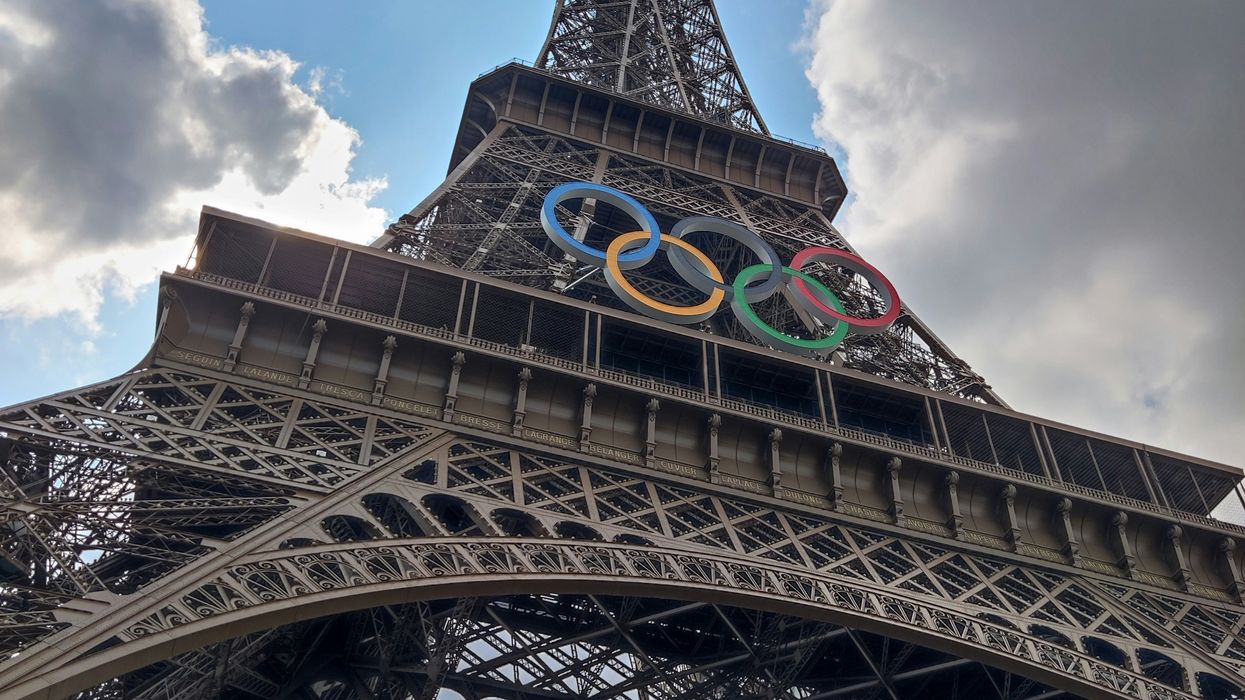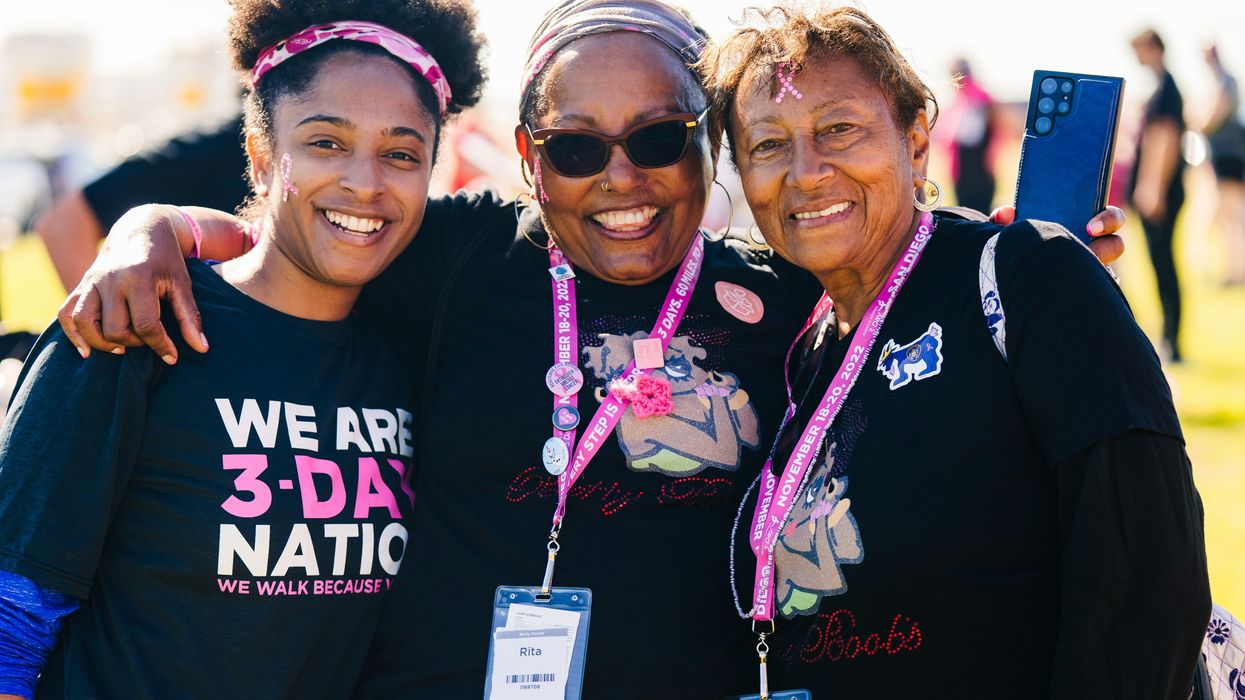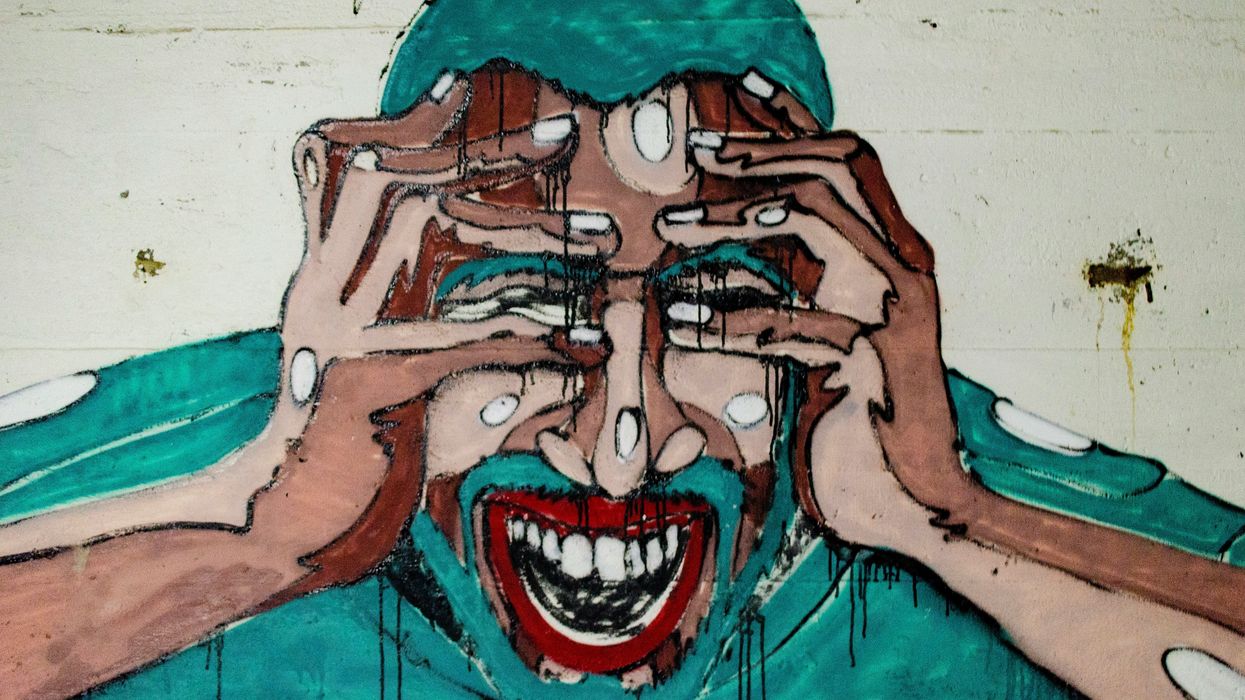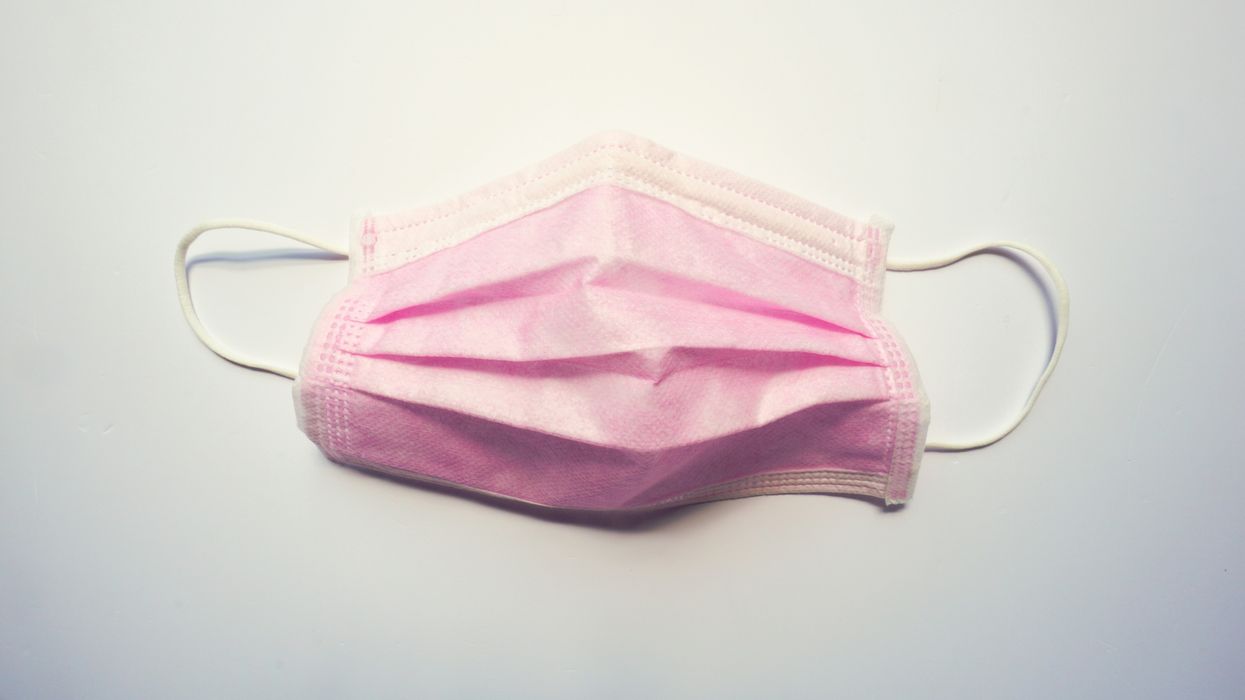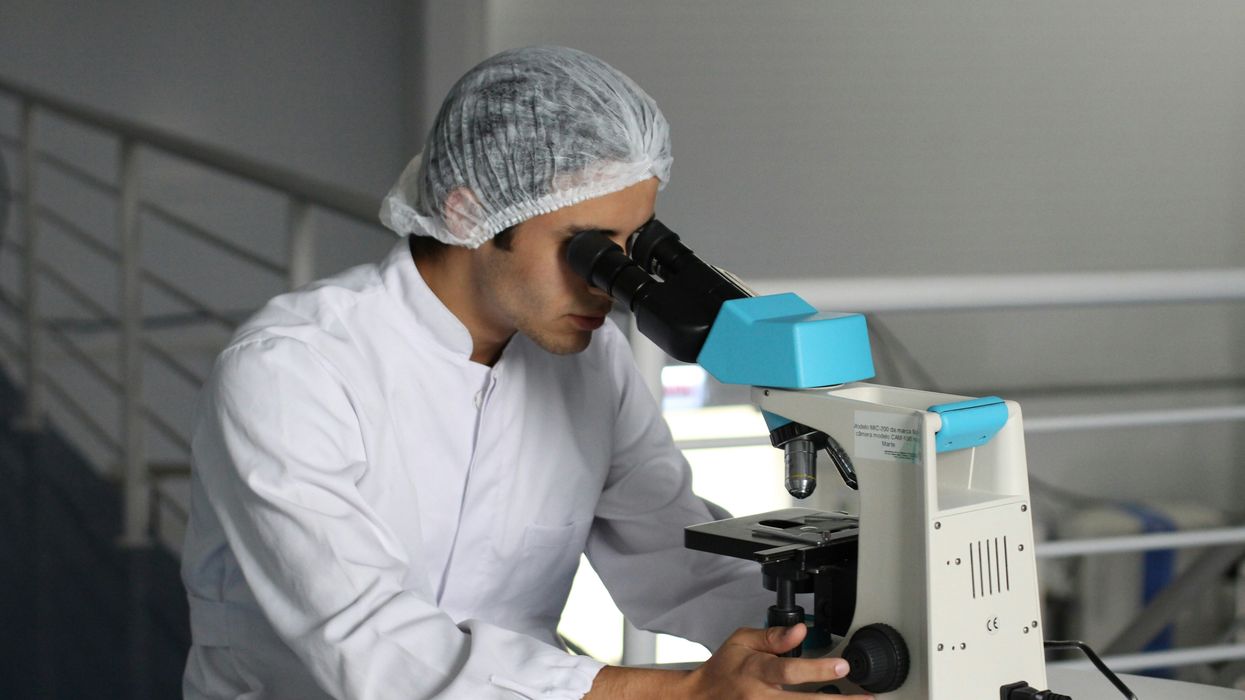On July 26th, the 2024 Paris Olympics began, restarting conversations about the importance of mental health coming to the forefront of sports, with athletes from various disciplines speaking out about their struggles and the need for better support systems. Recognizing this critical need, the U.S. Olympic Team has significantly expanded its mental health program, setting a new standard for athlete wellness and performance.
The Growing Need for Mental Health Support
Athletes face immense pressure to perform at their best, often under the intense scrutiny of the public eye. This pressure can lead to various mental health challenges, including anxiety, depression, and burnout. High-profile cases, such as those of gymnast Simone Biles and swimmer Michael Phelps, have highlighted the urgent need for comprehensive mental health support in sports.
A study published in the Journal of Sports Sciences found that elite athletes are more susceptible to mental health issues than the general population, with nearly 35% experiencing symptoms of anxiety or depression at some point in their careers . The stress of competition, injuries, and the demanding training schedules can take a toll on an athlete’s mental well-being, underscoring the importance of proactive mental health care.
The U.S. Olympic Team's Mental Health Initiative
In response to these growing concerns, the U.S. Olympic & Paralympic Committee (USOPC) has expanded its mental health program to provide more robust support for its athletes. This initiative includes several key components designed to address the unique challenges faced by Olympic and Paralympic athletes.
- Increased Access to Mental Health Professionals: The USOPC has significantly increased the number of mental health professionals available to athletes. This includes hiring licensed psychologists, counselors, and therapists who specialize in sports psychology and are familiar with the pressures of elite competition.
- 24/7 Mental Health Hotline: A dedicated mental health hotline has been established, providing athletes with round-the-clock access to mental health support. This service ensures that athletes can receive immediate assistance during times of crisis or when they need to talk to someone outside of regular office hours.
- Mental Health Education and Training: The USOPC has implemented mandatory mental health education and training for all athletes, coaches, and staff. These sessions cover a range of topics, including stress management, coping strategies, and recognizing the signs of mental health issues in oneself and others.
- Peer Support Networks: Recognizing the value of peer support, the USOPC has developed peer support networks where athletes can connect with one another to share experiences and provide mutual support. These networks are designed to foster a sense of community and reduce the isolation that can accompany mental health struggles.
- Integration of Mental and Physical Health: The USOPC's mental health program emphasizes the integration of mental and physical health care. Athletes receive holistic care that addresses both their physical and mental well-being, ensuring that they are supported in all aspects of their lives.
Impact and Future Directions
The expansion of the U.S. Olympic Team's mental health program has already made a significant impact. Athletes have reported feeling more supported and better equipped to handle the pressures of competition. The increased availability of mental health resources has led to more athletes seeking help, reducing the stigma associated with mental health issues in sports.
Dr. Jessica Bartley, the USOPC's Director of Mental Health Services, noted that the program's success is evident in the increased utilization of mental health resources by athletes . "We are seeing more athletes reach out for help, and they are doing so earlier, which is a positive sign that the culture around mental health in sports is changing," she said.
Looking ahead, the USOPC plans to continue expanding and refining its mental health services. This includes ongoing research to better understand the mental health needs of athletes and the development of new programs and resources to support their well-being.
The U.S. Olympic Team's expanded mental health program marks a significant step forward in the support of athlete wellness. By providing comprehensive mental health care, the USOPC is setting a new standard for sports organizations worldwide. This initiative not only helps athletes perform at their best but also ensures that their mental health and well-being are prioritized, paving the way for a healthier and more supportive sports environment.
References:
- Journal of Sports Sciences. (2020). Mental Health in Elite Athletes: Prevalence and Risks.
- U.S. Olympic & Paralympic Committee. (2023). Expansion of Mental Health Services for Athletes.
- Dr. Jessica Bartley, USOPC Director of Mental Health Services, interview on program success.


